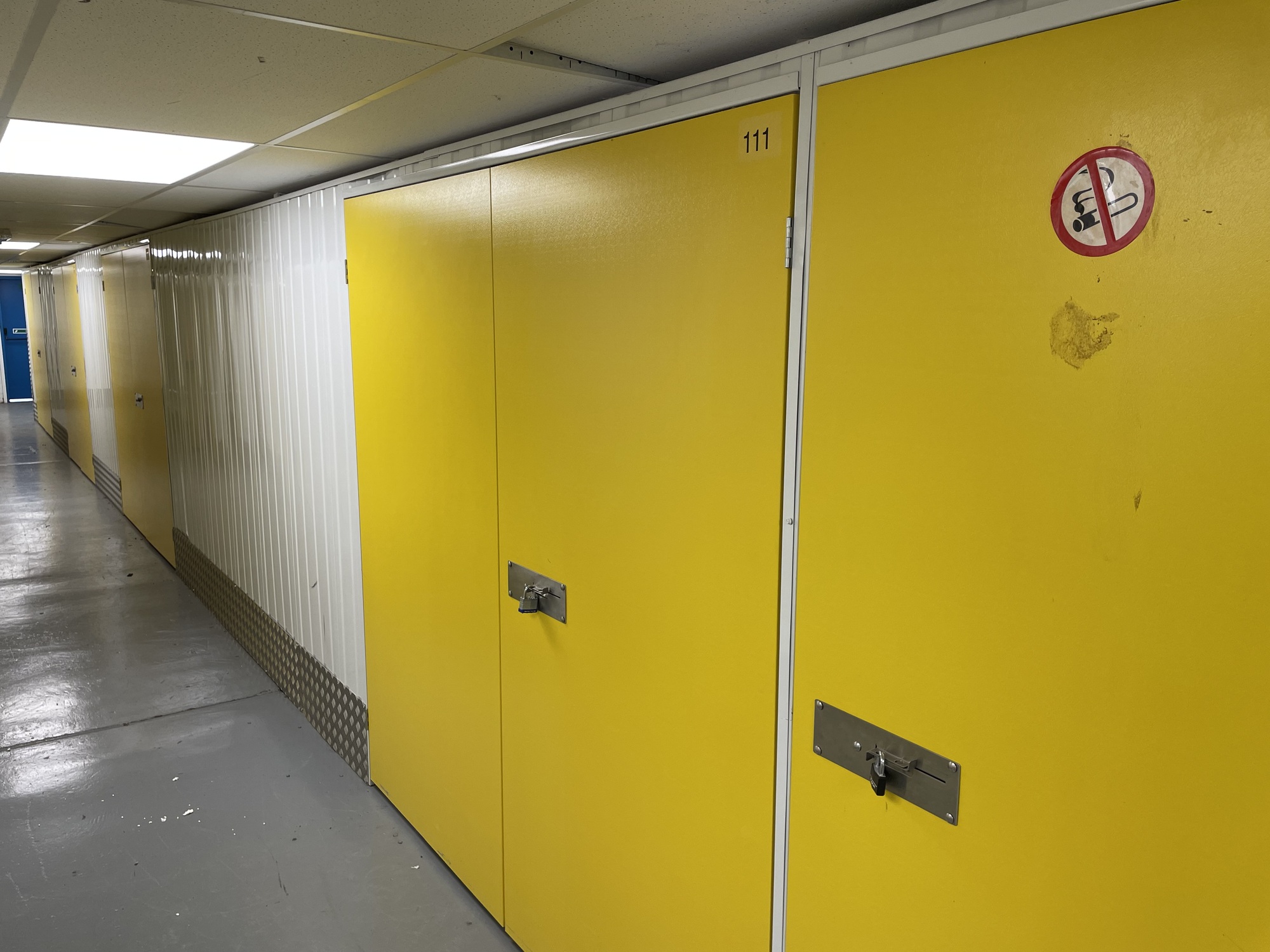In the UK, the cost of renting a self-storage unit can vary depending on several factors. The most significant factors influencing the price are the location, size, and duration of the rental. In this article we consider how much are self storage units?
Location plays a crucial role in determining the cost of self-storage units. Facilities situated in prime or high-demand areas, such as city centres or densely populated regions, tend to be more expensive compared to those located in suburban or rural areas. The cost of land and property value in different regions greatly affects the rental prices.
The size of the self-storage unit is another key factor that impacts the rental cost. Storage units come in various sizes, ranging from small lockers to large units capable of accommodating the contents of an entire house. Naturally, larger units are more expensive to rent than smaller ones. The specific dimensions and capacity of the unit will dictate the price.
Furthermore, the duration of the rental agreement can affect the overall cost. Self-storage facilities generally offer both short-term and long-term rental options. Short-term rentals, typically for a few weeks or months, tend to be more expensive on a monthly basis compared to long-term rentals that span several months or years. Some facilities may also offer discounts or promotions for longer rental commitments.
To provide a general idea of the costs, self-storage units in the UK can range anywhere from around £20 to £300 or more per month. However, it’s important to note that these figures are approximate and can vary significantly depending on the aforementioned factors. It’s advisable to contact specific storage facilities in your desired location to get accurate and up-to-date pricing information tailored to your needs.
Looking for more information on storage unit sizes and cost?
Alternatives to Internal Self Storage
When a business finds itself lacking sufficient space within its existing premises to store items, there are several alternatives to self-storage rental that can be considered.
- Third-Party Logistics (3PL) Providers: 3PL providers offer comprehensive logistics services, including storage and warehousing. These companies have dedicated storage facilities and can handle inventory management, order fulfilment, and distribution on behalf of businesses. By outsourcing storage to a 3PL provider, businesses can focus on their core operations while benefiting from professional storage solutions.
- Industrial Parks or Business Parks: Industrial parks or business parks often have units or warehouses available for rent. These spaces are designed to accommodate various business needs, including storage. Renting a unit within an industrial park allows businesses to have additional storage space in close proximity to their existing premises, making it convenient for operations and management.
- Lease or Rent Additional Space: If the business has the financial means and a long-term need for storage, leasing or renting additional commercial space can be a viable option. This could involve renting a nearby warehouse, office building, or any suitable property with available storage capacity. By securing additional space, businesses have more control over their storage environment and can tailor it to their specific requirements.
- Collaborative Partnerships: Collaborating with another business or organisation that has surplus storage space can be a mutually beneficial arrangement. This approach involves reaching out to companies in related industries or complementary sectors to explore potential partnerships. For example, a retail business might collaborate with a manufacturer or distributor to share storage facilities, reducing costs and optimising space utilisation.
- Mobile Storage Solutions: Mobile storage solutions provide businesses with a flexible and convenient alternative. These services involve delivering storage containers or units directly to the business premises. The business can then load their items into the units, which are subsequently transported to a secure storage facility. This option offers the advantage of on-site loading and unloading, eliminating the need for transportation to an off-site storage location.
When considering alternatives to self-storage rental, it’s important for businesses to evaluate their specific requirements, budget, and operational needs. Each alternative has its own benefits and considerations, so it’s advisable to thoroughly research and assess the suitability of each option based on factors such as cost, location, accessibility, security, and scalability.


